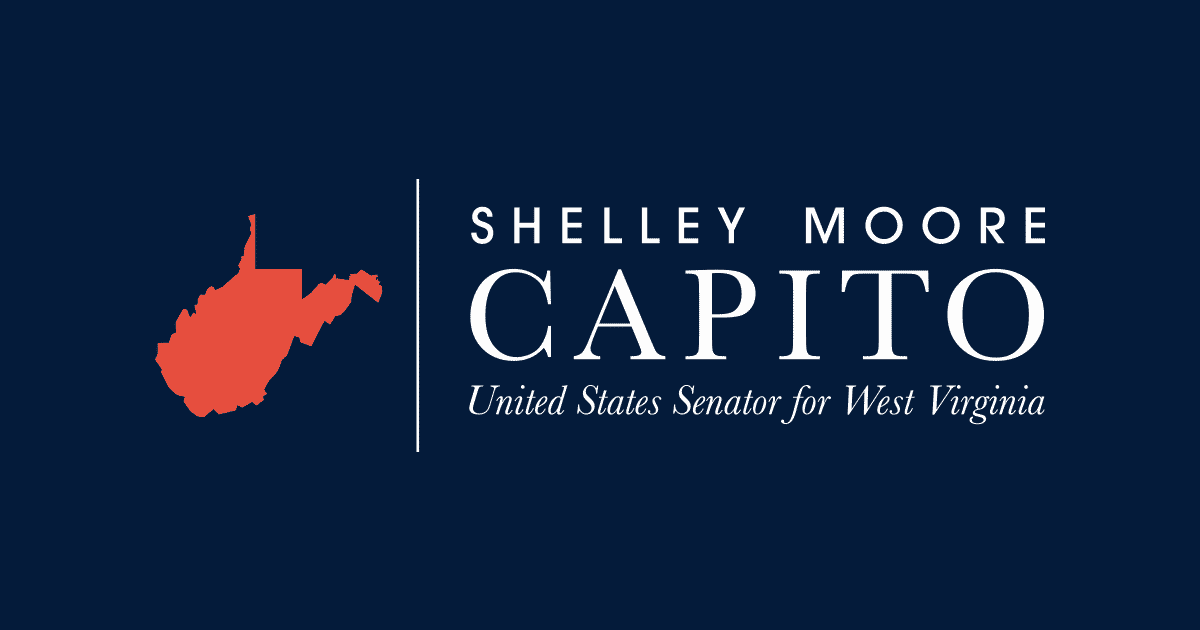Source: United States Senator for West Virginia Shelley Moore Capito
CHARLESTON, W.Va. – U.S. Senator Shelley Moore Capito (R-W.Va.) joined a bipartisan group in sending a letter—led by Senators Maggie Hassan (D-N.H.) and Joni Ernst (R-Iowa)—calling on the Department of Veterans Affairs (VA) to swiftly develop and conduct outreach to veterans of the Global War on Terrorism—especially those who served in Afghanistan—to provide them with mental health resources. Their call for action comes as reports find calls to veterans’ suicide hotlines have increased since the fall of Kabul earlier this month.
“We write in light of the recent events in Afghanistan to encourage the Department of Veterans Affairs (VA) to quickly develop a comprehensive outreach plan to connect Afghanistan and Global War on Terrorism veterans to VA benefits and services,” the senators wrote. “More than two million veterans served during the Global War on Terrorism, including more than 800,000 in Afghanistan, and these service members deserve and earned the support that they need. We appreciate the VA’s commitment to providing mental health services to all veterans and ask, in light of the current situation, that the Department accelerate its efforts to provide resources – to veterans of these recent conflicts.”
In their letter, the senators note that veterans between the ages of 18 to 34 have the highest suicide rate among former service members and that many veterans do not use the Veterans Health Administration (VHA) services, which provides many mental health resources geared at preventing suicide among service members.
“For this reason, we ask that the VA develop a comprehensive outreach plan to connect Afghanistan and Global War on Terrorism veterans to VA benefits and services. This plan must proactively contact veterans in the coming months through means including, but not be limited to: digital correspondence, social media, phone calls, and text messages,” the senators continued. “Furthermore, VA’s outreach should consist of detailed information on clinical mental health services and community-based support systems, such as Veterans Service Organizations (VSOs) and VA Vet Centers. For example, the Iraq and Afghanistan Veterans of America is just one of many VSOs that helps connect veterans to services critical to mental health and overall well-being.”
See the full text of the letter here and below.
Dear Secretary McDonough:
We write in light of the recent events in Afghanistan to encourage the Department of Veterans Affairs (VA) to quickly develop a comprehensive outreach plan to connect Afghanistan and Global War on Terrorism veterans to VA benefits and services. More than two million veterans served during the Global War on Terrorism, including more than 800,000 in Afghanistan, and these service members deserve and earned the support that they need. We appreciate the VA’s commitment to providing mental health services to all veterans and ask, in light of the current situation, that the Department accelerate its efforts to provide resources – to veterans of these recent conflicts.
The VA recently sent out correspondence with digital links to veterans encouraging them to seek help if they are experiencing distress related to their service in Afghanistan or if they need any mental health services. This is a first step, but the VA should go beyond this initial outreach. As you know, veterans aged 18 to 34 have the highest suicide rate among former service members.[1] Beyond that, the VA’s National Veteran Suicide Prevention Annual Report repeatedly indicates that veterans, including those who served in Afghanistan, do not use Veterans Health Administration services aimed at decreasing suicidal ideation and suicide attempts.
For this reason, we ask that the VA develop a comprehensive outreach plan to connect Afghanistan and Global War on Terrorism veterans to VA benefits and services. This plan must proactively contact veterans in the coming months through means including, but not be limited to: digital correspondence, social media, phone calls, and text messages. Furthermore, VA’s outreach should consist of detailed information on clinical mental health services and community-based support systems, such as Veterans Service Organizations (VSOs) and VA Vet Centers. For example, the Iraq and Afghanistan Veterans of America is just one of many VSOs that helps connect veterans to services critical to mental health and overall well-being. Emphasis should also be placed on pairing veterans with localized support and resources.
As a country, we must keep the physical and mental wellbeing of our veterans at the forefront of our minds and efforts. Especially given the constant media coverage and disturbing images coming out of Afghanistan, we ask for your commitment to developing a comprehensive outreach plan for our Global War on Terrorism, and specifically our Afghanistan veterans. We must fulfill our obligation to those who served and never forget their sacrifices.
# # #
